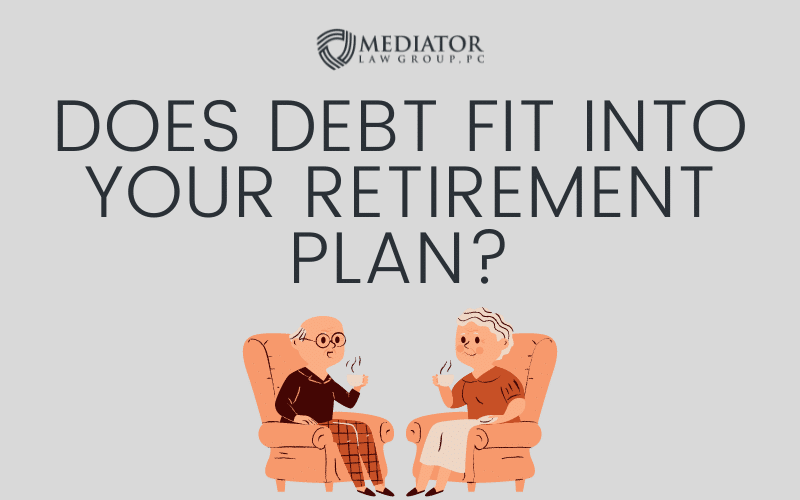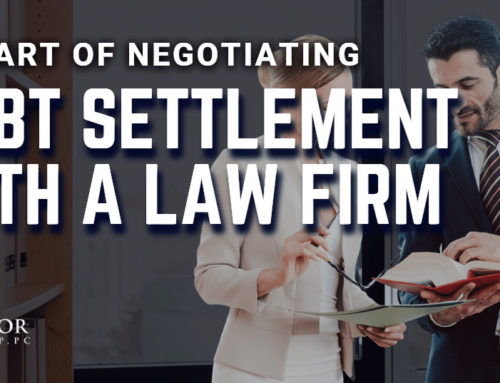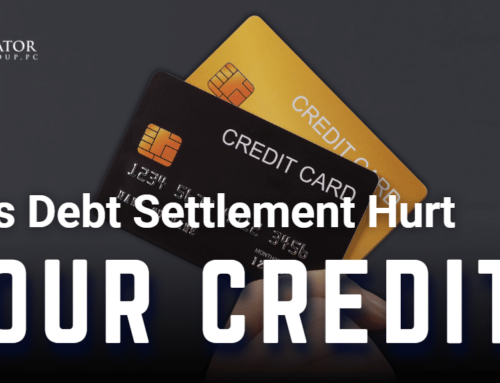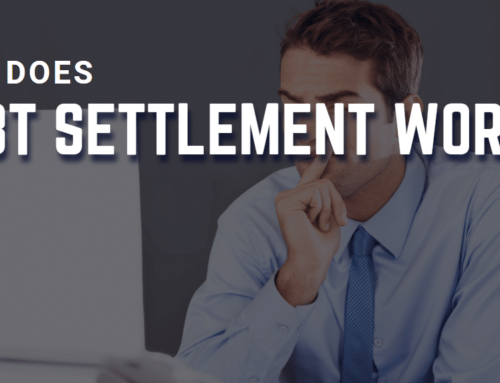In two simple words: It doesn’t. Being in debt and planning on retiring simply do not work together. Many financial advisors say that we can only choose to pay one over the other. So, it’s either grow old with no debt or grow old with a whole lot of debt but not having to work anymore (even though you would practically still be paying off your debt with your retirement money). But, before finishing this blog let’s truly find the answer to our question. Does debt into your retirement plan?
Debt vs. Retirement Plan
Did you know that in a perfect world, we would all enter our “older years” with a home we fully own (no mortgage!), with at least $1 million in our 401(K), and ZERO debt! If one could only wish! So, what makes it so hard to retire like we would all wish we could? Debt! Many baby boomers carry an average credit card balance of $6,747 and $25,812 in total nonmortgage debt! And what about mortgage debt? You’re not going to like this! Boomer homeowners carry an average mortgage debt of $191,650! WOW! So how does all of this affect our retirement plan?
For millions of Americans, retiring with debt is often considered a cardinal financial sin! Why? Because every dollar you owe reduces your income in retirement! This, on the other hand, reduces your monthly cash flow available to spend on priorities like health care, travel, and leisure activities. And things could get even worse! How? If you have very little money going into your pockets, this could create the possibility of running out of money or even facing significant lifestyle changes to make ends meet! How can we avoid this?
You may have heard that there are different “groups of debt”. There are some that are considered good and others that are considered very, very bad. And that very bad debt is the one we want to get rid of before making our retirement plan. How? Have in mind these useful tips!
Tips On How To Get Rid Of Debt
- Make Debt List
This is exactly what it sounds like! Write down all of your current debt, everything you can think of! But you will want to write down especially your biggest debts, like college loans, car payments, credit cards, and/or your mortgage. After writing all of this down, put down your minimum monthly payments and the interest rates you’re paying on each balance!
- 401(k) Match
A 401(k) match is money your employer contributes to your 401(k) account. For each dollar you save in your 401(k), your employer wholly or partially matches your contribution, up to a certain percentage of your salary. Employer matching is a key job benefit that can significantly boost your 401(k) retirement savings over the long term. Take advantage of that money! After all, you worked hard for it!
- Make a Debt Repayment Plan
After making your list of which debt to attack first and putting some money towards your 401(K), it’s time to use that extra money you have at the end of each month and consider a blend of debt payments and retirement investments. Which will you pay off first? That’s totally up to you!
Does Debt Fit Into Your Retirement Plan? Review
Bottom line, if you have too much debt, it’s probably a good idea to pay some of it off before retiring. But if you can’t pay it all off, don’t worry about it! The best thing you can do now is try to pay off every little (and big) debt that you may have while still saving for your retirement plan! And if you need help with paying off your debt, contact Mediator Law Group today.








